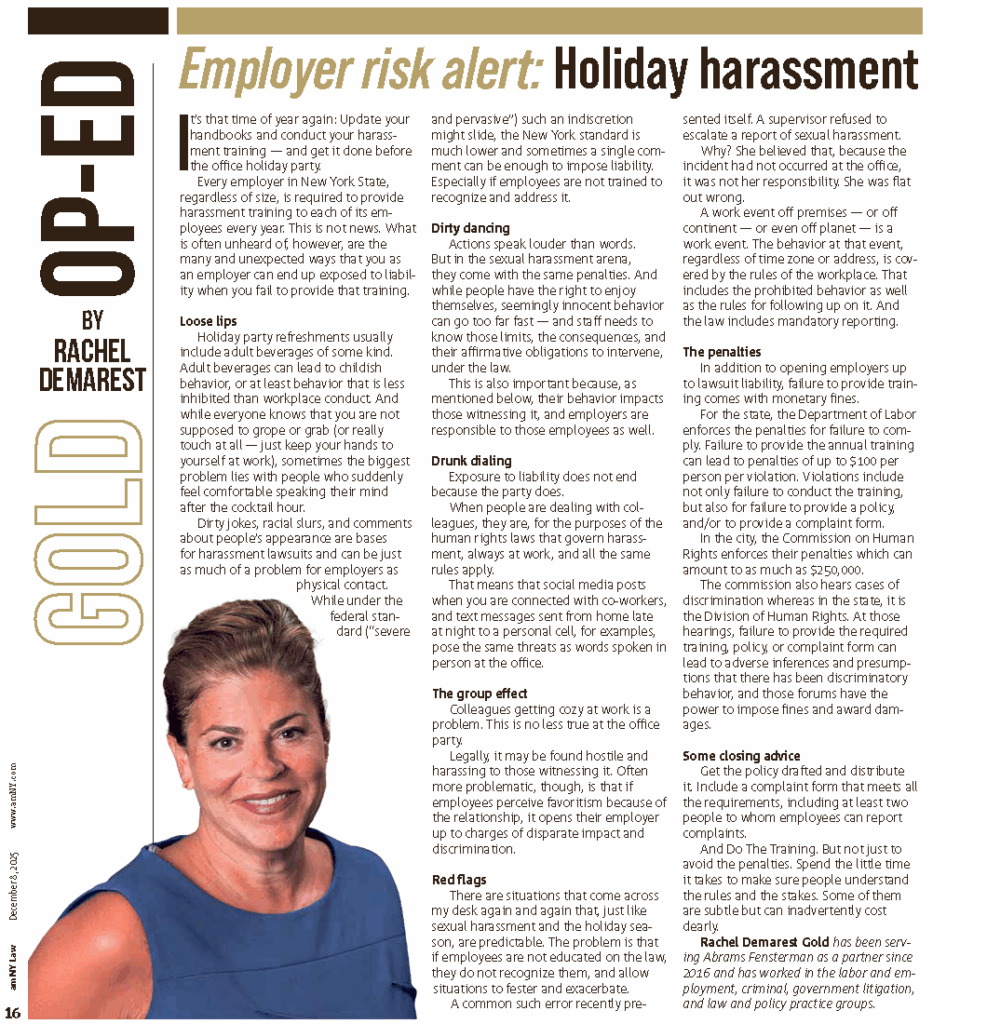Dear Friends and Valued Clients,
Late last week, the IRS issued both a Revenue Procedure and a Revenue Ruling, each of which is considered official guidance, clarifying the deductibility of expenses funded with a PPP loan.
The Revenue Ruling explicitly states that if a taxpayer received a PPP loan and paid or incurred otherwise deductible expenses, those expenses are not deductible if the taxpayer reasonably expects to receive forgiveness of the loan. This applies whether or not they have applied for forgiveness by the end of the taxable year.
- Observation: Until this latest release from the Treasury, it was unclear whether or not these expenses could be deducted at all in 2020, with the income being picked up in 2021 once the loan would be forgiven. This removes any questions.
The Revenue Procedure provides a safe harbor for taxpayers who do not deduct expenses in anticipation of the loan being forgiven and whose forgiveness is later denied in whole or in part or who later decide not to request forgiveness.
- Observation: Neither IRS release offers any guidance with respect to the effect on other tax provisions that are measured by or with reference to taxable income or deductions. These include, among others, the business interest expense limitation, qualified business income deduction, and the research and development credit.
What does this mean for you? Although, it is still possible that Congress will pass legislation making the expenses deductible, it seems unlikely that this will happen with the remaining session that is about to begin. On the other hand, the IRS release may spur action in Congress. Sen. John Cornyn’s bill has significant bi-partisan support and advocacy by the AICPA, among other organizations.
With that in mind, we continue to generally recommend you wait to file a forgiveness application. You should, however, review your particular circumstances with your accountants and tax advisors to determine the best course of action. Most borrowers still are well within the forgiveness application window – 10 months from the end of the covered period of the loan. If Congress hasn’t acted by the tax filing deadlines in March and April, please consult with your accountants and/or tax advisers regarding an extension of time to file returns in the hope that the proposed legislation will pass before the extended due date.
As always, if you have any questions please contact Melanie I. Wiener at [email protected].





